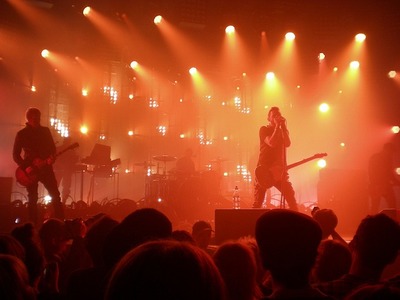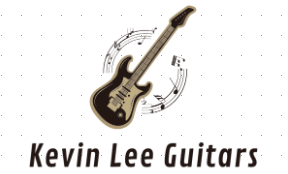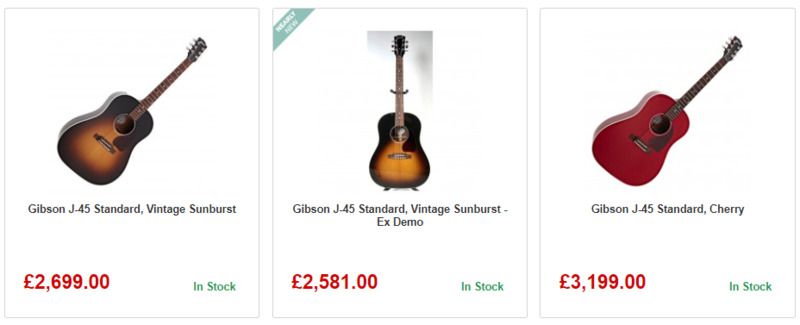The Beatles, an iconic band from Liverpool, revolutionized guitar music, leaving an indelible mark on the genre. Their innovative use of guitar techniques, diverse musical influences, and groundbreaking songwriting redefined rock and pop music.

Early Influences and Techniques
Initially influenced by rock and roll, skiffle, and rhythm and blues, The Beatles, particularly George Harrison, integrated these styles into their music. Harrison’s use of Gretsch and Rickenbacker guitars became synonymous with their early sound, characterized by jangly, bright tones.
Experimentation and Innovation
As the band evolved, so did their approach to guitar music. The mid-60s saw The Beatles experimenting with feedback, distortion, and various effects. Notable examples include the innovative use of feedback in “I Feel Fine” and the fuzz guitar on “Think For Yourself.” The sitar, introduced by Harrison on “Norwegian Wood,” showcased their willingness to explore non-Western instruments.
Studio Mastery
The Beatles’ later years were marked by their studio experimentation. Albums like “Revolver” and “Sgt. Pepper’s Lonely Hearts Club Band” featured multi-layered guitar tracks, backward recording techniques, and extensive use of effects pedals. The iconic guitar solo on “While My Guitar Gently Weeps,” played by Eric Clapton, highlighted their collaborative spirit and the guitar’s expressive potential.
Lasting Legacy
The Beatles’ influence on guitar music is profound and far-reaching. They inspired countless musicians to experiment with new sounds and techniques, pushing the boundaries of what the guitar could achieve. Their blend of mel
odic inventiveness and technical prowess continues to resonate with guitarists and music lovers worldwide.
In summary, The Beatles’ impact on guitar music is unparalleled. Through their innovative techniques, diverse influences, and creative experimentation, they transformed the landscape of modern music, ensuring their legacy endures for generations.





